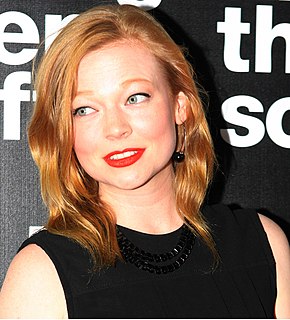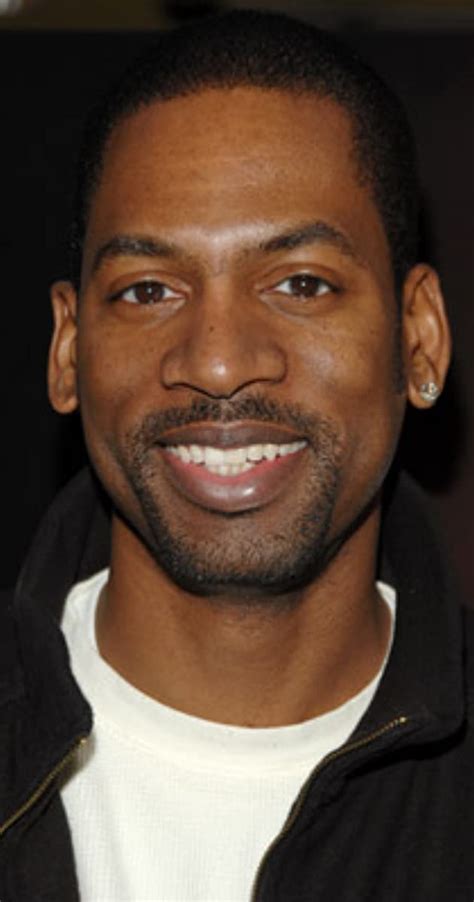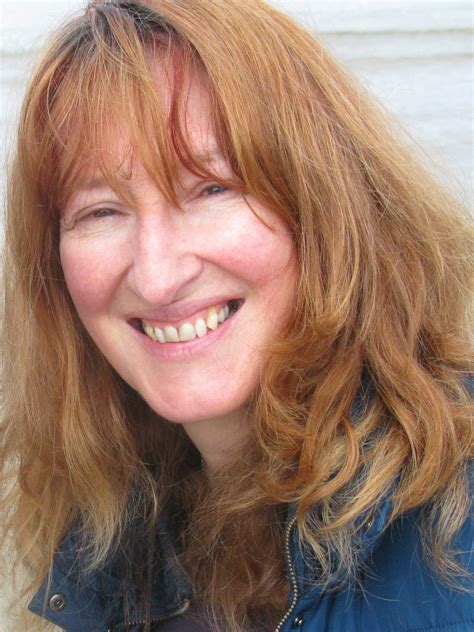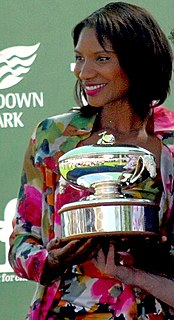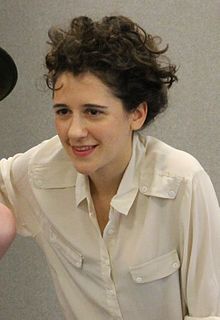A Quote by David Bowie
All art really does is keep you focused on questions of humanity, and it really is about how do we get on with our maker.
Related Quotes
The cool thing about Watchmen is it has this really complicated question that it asks, which is: who polices the police or who governs the government? Who does God pray to? Those are pretty deep questions but also pretty fun questions. Kind of exciting. It tries to subvert the superhero genre by giving you these big questions, moral questions. Why do you think you're on a fun ride? Suddenly you're like how am I supposed to feel about that?
They say that art should stand the test of time. Life lasts a limited amount of time. Mountains and trees and earth will outlive human beings, but we don't know if they will be here always. Art does outlast the life span of its maker. Art should communicate to an increasing circle of strangers-people who do not know the artist, but come to know the work, and through the work, come to know something about the humanity of the artist that rings with their own humanity.
To be honest, I didn't have any expectations. I really didn't know what to expect. What I was most nervous about was the repetition of doing it over and over and over again. Does that get stale? How do you keep it fresh? Then I realized it's always new because you get to keep playing the next moment.
Oh my God, does art engender humanity? It awakens your humanity. But humanity has nothing to do with political theory. Political theory is in the interests of one group of humanity, or one ideal for humanity. But humanity-my heavens, that's what proper art renders. We have a paradox. Going into the deepest aspects of inner space connects you with something that is the most vital for the outer realm.
But nothing on this earth is guaranteed, when you get right down to it, you know ? I've been thinking about that. About how your kids aren't really YOURS, they're just these people that you try to keep an eye on, and hope you'll all grow up someday to like each other and still be in one piece. What I mean is, everything you get is really just on loan. Does that make sense?" Sure,"I said. "Like library books. Sooner or later they've all got to go back into the nightdrop.
Trans voices are really underrepresented, and trans stories are really underrepresented, and when they are presented, they're often reductive. I was interested in putting a trans person and a trans narrative on stage that didn't fall into cliché, that thought a bit more deeply about the experience of being trans, and how those issues tie into things that we all experience. How we tell the story of our lives, versus what might have actually happened, and how we communicate to our former selves. All of those questions were really interesting to me.
If you don't put the spiritual and religious dimension into our political conversation, you won't be asking the really big and important question. If you don't bring in values and religion, you'll be asking superficial questions. What is life all about? What is our relationship to God? These are the important questions. What is our obligation to one another and community? If we don't ask those questions, the residual questions that we're asking aren't as interesting.

